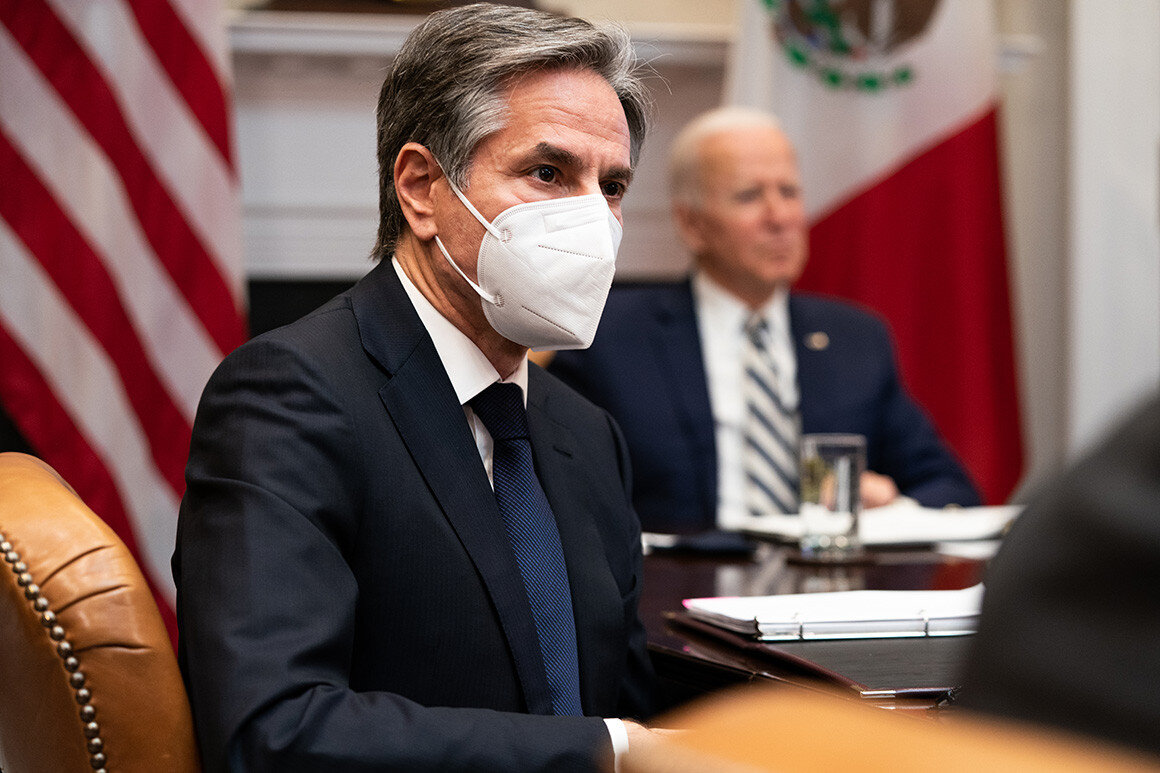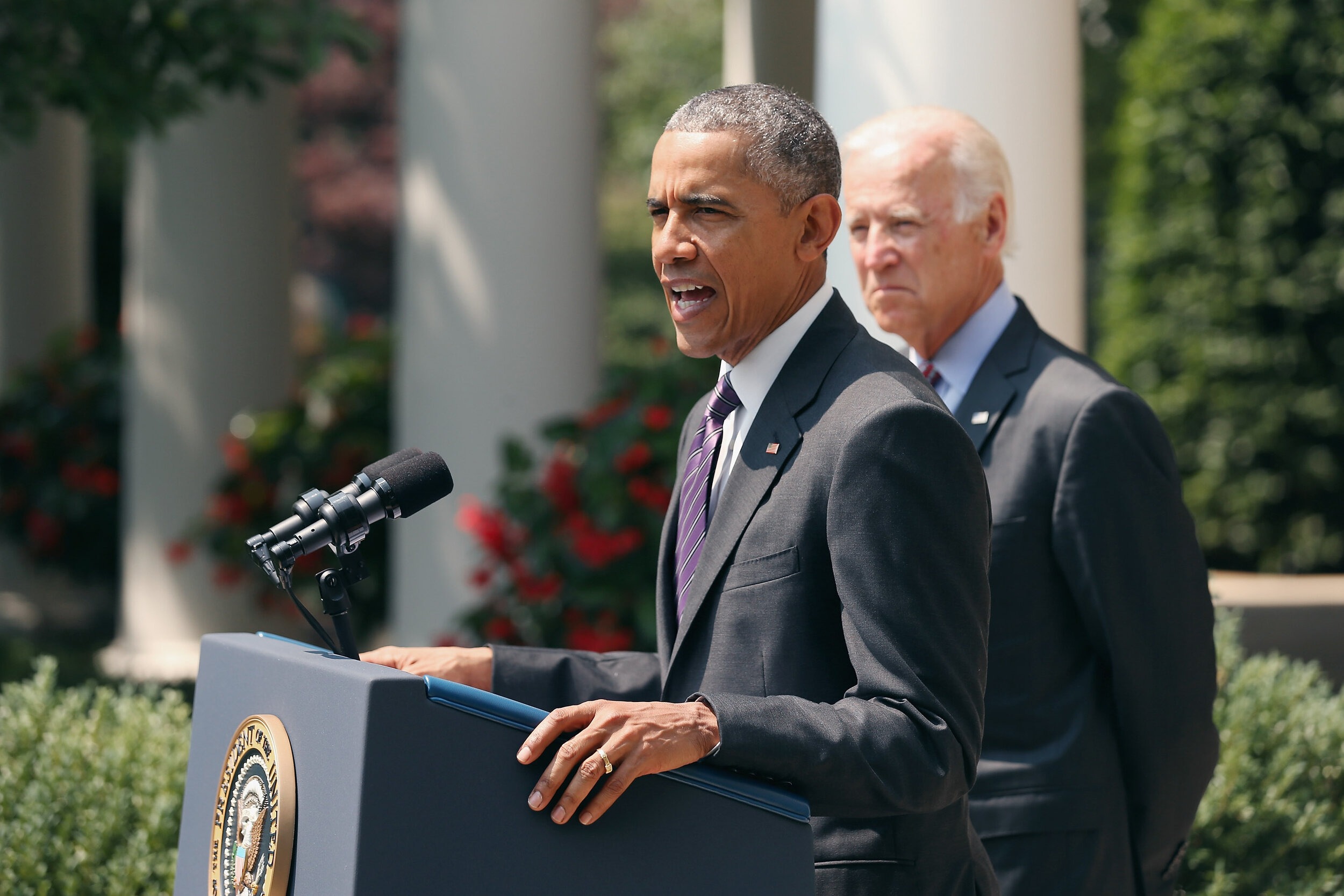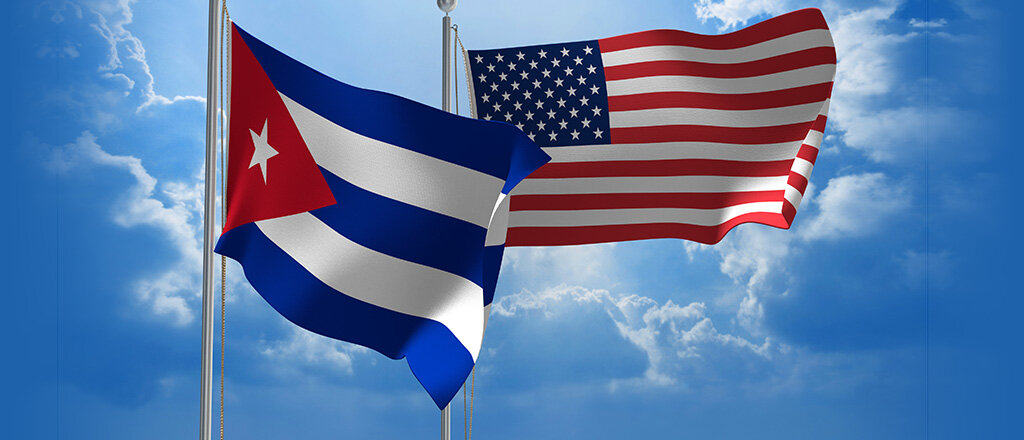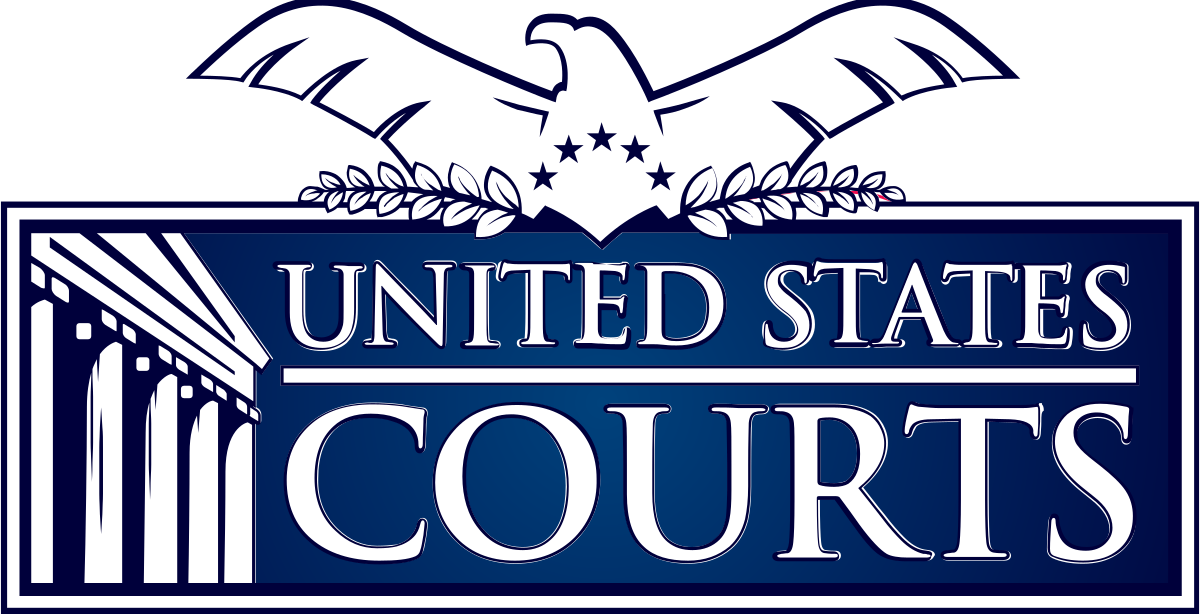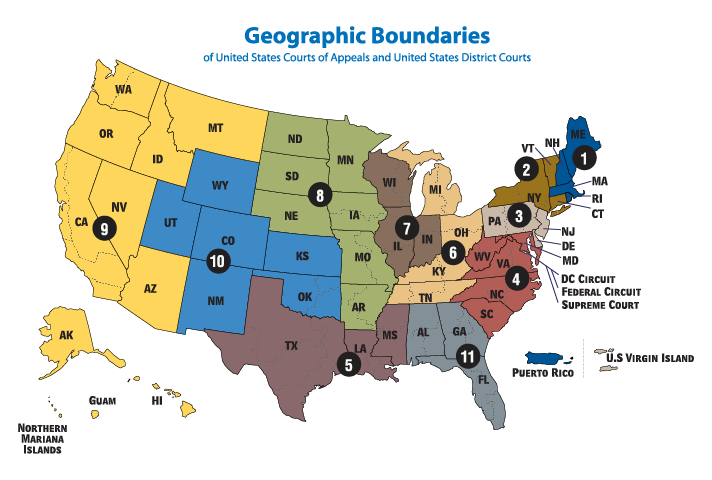Biden-Harris Administration Will Remove Limits On Remittances To Cuba
New Remittance Definition Should Include Investment & Loans For Self-Employed
Encourage Cuban-American “Ambassadors” To Legally Invest In And Export To Independent Businesses
Correspondent Banking Will Make Remittances More Transparent, More Efficient, More Cost-Effective
Western Union Could Lower Customer Transaction Fees With Correspondent Banking
U.S. Exporters Could Get Paid Faster And With Less Expense With Correspondent Banking
Again Permitting “U-turn” Transactions Provides Incentivizes Cuba To Re-Engage With Financial Sector
What Is Now Permitted Makes Sense Initially, But Then The Logic Falls Apart
On-the-record, on-background, and off-the-record, officials throughout the Biden-Harris Administration (2021- ) forcefully remind observers that it is neither the third term of the Obama-Biden Administration (2009-2017) nor the second term of the Trump-Pence Administration (2017-2021).
Now past the one hundred eighteen-day mark (or 8.08% of the four-year term), the Biden Administration with respect to the Republic of Cuba is maintaining policies and regulations enacted during the Trump-Pence Administration- which were reversals of policies and regulations enacted during the Obama-Biden Administration which were reversals of policies and regulations enacted during the Bush-Cheney Administration (2001-2009).
If the Biden-Harris Administration wants to distinguish its Republic of Cuba policies and regulations from both its predecessors in The White House, then focus upon 1) permitting financial transactions to be more transparent, more direct, and more efficient and 2) authorize anyone subject to United States jurisdiction to engage in transactions with and provide loans and investments to independent businesses in the Republic of Cuba.
During the Biden-Harris Administration the United States private sector could become the largest source of direct foreign investment and loans in the Republic of Cuba… channeled directly to the self-employed and directly to independent businesses located throughout the Republic of Cuba.
The Office of Foreign Assets Control (OFAC) of the United States Department of the Treasury should rephrase existing regulations to make easier, more transparent, and less costly for entrepreneurs in the Republic of Cuba to engage with their counterparts in the United States and for entrepreneurs in the United States to engage with their counterparts in the Republic of Cuba. Only an individual absent private sector commercial experience would believe strangling the movement of capital benefits the United States in its re-engagement with the re-emerging private sector (self-employed) the Republic of Cuba.
The Biden-Harris Administration wants to increase membership in unions so it crafts regulations making membership more attractive. The same logic goes for the Republic of Cuba. If the Biden-Harris Administration wants to increase the demand from entrepreneurs in the United States to re-engage with entrepreneurs in the Republic of Cuba, and simultaneously frustrate the Miguel Diaz-Canel Administration in the city of Havana, then increase, overwhelm the supply of the means of production. This begins with the efficient and transparent movement of capital.
Does This Make Sense? Initially, It Does- But Then Falls Apart
Today, an individual subject to United States jurisdiction 1) may travel to the Republic of Cuba 2) use credit cards and debit cards in the Republic of Cuba 3) open a bank account in the Republic of Cuba 4) use a bank, credit union, or money services business to process remittances to or from the Republic of Cuba 5) utilize online payment platforms to facilitate or process authorized transactions involving the Republic of Cuba and 6) send remittances (gifts not loans or investments) to certain individuals and independent non-governmental organizations in Cuba that encourage the development and operation of private businesses by self-employed individuals.
Today, a company subject to United States jurisdiction 1) may process credit and debit card transactions for individuals traveling to, from, or within the Republic of Cuba, and related settlements, for third-country financial institutions 2) financial institutions may have a correspondent account at a financial institution in the Republic of Cuba 3) financial institutions in the Republic of Cuba may not have a correspondent account with a United States financial institution 4) banking institutions are not permitted to process “U-turn” transactions, i.e., funds transfers originating and terminating outside the United States, where neither the originator nor the beneficiary is a person subject to United States jurisdiction 5) may export medical equipment, medical instruments, medical supplies, pharmaceuticals, informational materials, artwork, agricultural commodities and food products 6) may import agricultural commodities, artwork, informational materials, and products produced by registered self-employed and 7) may import medications for clinical trials and create joint ventures to market the medications.
Here is the rub: Mr. Smith from Washington DC may have an account at a bank in Havana, but Mr. Smith may not directly transfer any money from his checking account in Washington DC to his account at the bank in Havana. He may transfer the funds from Washington to Paris and then from Paris to Havana. If Mr. Smith wants to have an investment in an independent business in Havana, wants to receive payment for a product or service sold to an independent business, wants to send additional funds, or receive a profit-sharing payment from an independent business, United States regulations do not permit him to do so.
The example just screams from a billboard “Support Your Local Business!” This is the logic those appointed to serve deem perfectly acceptable, exceedingly practical, demonstrably efficient, and devoid of practical inefficiencies.
Today, when receiving payment from the Republic of Cuba or sending payment to the Republic of Cuba there is no straight-line transaction. It is a triangle. And often not an equilateral triangle or isosceles triangle. Distance can create an acute triangle or obtuse triangle. In banking, triangles are harmful, not helpful.
A financial institution in a third country is always involved- and it receives a fee for that involvement. Is the triangle necessary? No. Does the triangle provide the United States government with increased opportunities to monitor the transactions? No. Does the triangle increase the cost for an individual subject to United States jurisdiction and company subject to United States jurisdiction? Yes. Does the triangle increase the cost to a Republic of Cuba national and Republic of Cuba-based company? Yes.
Inflicting as much pain as possible upon those engaging in a transaction involving the United States was never logical as it served as a perpetual boomerang of pain for those involved in statutorily protected export transactions. The message to agricultural interests in the United States- you may legally export your products to the Republic of Cuba, but by the time you are done, you wish you hadn’t done so. That is an inspirational message from the taxpayer-funded United States Department of State, United States Department of the Treasury, United States Department of Agriculture, and United States Department of Commerce? Reminds of… “We’re from the government and here to help…”
United States policy is not solely focused upon increasing the financial costs associated with engagement with the Republic of Cuba. The focus is also upon increasing inefficiencies for each transaction. The goal is to assault individuals and companies with an upper cut (increased costs) and a body blow (inefficiencies) and a left jab (multiple compliance layers for each transaction). Most companies do not wait for a TKO or KO, they throw in the towel.
When a United States-based financial institution employee reads “Cuba” on any document (outgoing or incoming), there is a nearing 100% certainty the transaction will be subjected to additional compliance review and then returned to the customer- even if the transaction is specifically authorized. If the transaction makes it past an employee, computer systems will most certainly flag it and terminate it. Financial institutions in the United States are warry of all Republic of Cuba-related transactions. For the farmer awaiting payment for a shipment of poultry, soybeans, corn, wood, and other products, the delay is unhelpful to their already challenging bottom-line.
NOTE: Since the first exports of agricultural commodities from the United States to the Republic of Cuba in December 2001, more than US$6,364,931,538.00 has been received as payment from the Republic of Cuba- every penny through a third country where a financial institution takes a fee.
One-Way Correspondent Banking Does Not Work
In 2015, the Office of Foreign Assets Control (OFAC) of the United States Department of the Treasury authorized Pompano Beach, Florida-based Stonegate Bank (2017 assets approximately US$2.9 billion) to have a correspondent account with Republic of Cuba government-operated Banco Internacional de Comercia SA (BICSA), a member of Republic of Cuba government-operated Grupo Nuevo Banca SA, created by Corporate Charter No. 49 on 29 October 1993 and commenced operation on 3 January 1994. Stonegate Bank provided commercial operating accounts for the Embassy of the Republic of Cuba in Washington DC, the Permanent Mission of the Republic of Cuba to the United Nations in New York City, and other types of OFAC-authorized transactions for more than eighty customers. In September 2017, Stonegate Bank was purchased by Conway, Arkansas-based Home BancShares (2019 assets approximately US$14 billion) through its Centennial Bank subsidiary. Despite intense advocacy, the Obama-Biden Administration National Security Council (NSC) inexplicably and stubbornly (and according to some exporters, stupidly) refused to permit BICSA a correspondent account with Stonegate Bank, so Stonegate Bank processed transactions for approximately eighty (80) customers on a regular basis through Panama City, Panama-based Multibank, which had dealings with the Republic of Cuba. However, on 16 June 2020, Bogota, Colombia-based Grupo Aval reported: “On May 25th, Banco de Bogotá, through its subsidiary Leasing Bogotá S.A. Panamá, acquired 96.6% of the ordinary shares of Multi Financial Group. As part of the acquisition process, MFG’s operation in Cuba was closed and as part of the transaction. Grupo Aval complies with OFAC regulations and doesn't have transactional relationships with Cuba.”
The stated-publicly baseline for Biden-Harris Administration engagement with the Republic of Cuba: “… it’s a policy that will be governed by two principles. First is the support for democracy and human rights. It will be at the core of our efforts through empowering the Cuban people to determine their own future. And second, we believe that Americans, and especially Cuban Americans, are the best ambassadors for freedom and prosperity in Cuba. We’re committed to making human rights a core pillar of our U.S. foreign policy. That certainly applies to Cuba, just as you’ve heard me reference it across the board, and includes redoubling our dedication to human rights throughout our own hemisphere.” United States Department of State (February 2021).
If “Cuban Americans” are to be the primary front-line messengers for Biden-Harris Administration policies, then they will require financial tools to forge an impactful, sustainable, efficient, and transparent journey. Sending money as gifts to family and friends is helpful.
Sending investment funding and providing loans to someone who wants to have or wants to expand a small business can be transformative. Is not the goal of the Biden Administration to extract as many Republic of nationals as possible from commercial and economic reliance upon the government of the Republic of Cuba?
Would not be impactful for registered self-employed to open hundreds, thousands of accounts at financial institutions in the Republic of Cuba? Where they could receive funds transparently and directly from their investor or customer within hours. Where they could deliver profit-sharing funds and supplier payments transparently and directly within hours. Each transaction transparent and compliant with United States financial institution regulations. Yes, the transaction activity could overwhelm the financial sector within the Republic of Cuba- but, would that be such an undesired outcome? The financial sector would be required to meet the demand or explain to customers the reasons for the failure to adapt to the marketplace.
The Republic of Cuba may not embrace direct correspondent banking due to the requirements of the United States Department of the Treasury, United States Department of Justice, and United States Federal Reserve for all correspondent accounts regardless of country. Again, there is a point here- let it be the Republic of Cuba who declines to re-establish a “normalized” financial landscape with the United States.
Regarding the re-authorization of “U-turns” where financial institutions were permitted to process non-United States-related transactions involving the Republic of Cuba, the prism through which a decision to again permit “U-turns” should not be solely whether permitting “U-turns” benefits the Republic of Cuba. It does. More important is the transparency required for “U-turns” which remains an important goal of the United States. Also, not permitting “U-turns” is an additional reason for financial institutions to avoid all Republic of Cuba-related authorized transactions.
If the Biden-Harris Administration wants “prosperity in Cuba” then it should re-calibrate the means to that end. Doing so will demonstrate removing impediments for re-engagement with the self-employed in the Republic of Cuba is the most efficient means of creating indigestion for the government of the Republic of Cuba.
No one in the United States must engage commercially with the Republic of Cuba. The Biden-Harris Administration must seed the garden. Those seeds must be focused upon making easier and more transparent the movement of funds and the use of those funds.
No “Carve-Out”
Commercial engagement with the Republic of Cuba should not have a unique “carve-out” for individuals of Cuban descent who are subject to United States jurisdiction. The Biden-Harris Administration should ensure that all individuals subject to United States jurisdiction are subject to the same regulations as those regulations relate to commercial engagement with the Republic of Cuba.
The Biden-Harris Administration will instruct OFAC to remove the US$1,000.00 per quarter limit upon remittances to the Republic of Cuba from individuals subject to United States jurisdiction that was instituted on 9 September 2019 by the Trump-Pence Administration (2017-2021). When the OFAC does make the change to the remittance regulation, it must also expand the definition of remittance to include loans and investments in an independent business.
Western Union Activity
Since 9 September 2019, the U.S. Dollar value of remittances from the United States to the Republic of Cuba has not measurably decreased. This is true despite the decision by the OFAC implemented on 26 November 2020 which prohibited remittance forwarders from using the distribution services within the Republic of Cuba of companies controlled (as defined by the United States Department of State) by the Revolutionary Armed Forces of the Republic of Cuba (FAR).
Most impacted by the 26 November 2020 decision by the OFAC was Denver, Colorado-based Western Union Company (2019 revenues US$5.3 billion) which serviced through 407 distribution locations in the Republic of Cuba approximately 20% of all remittances to the Republic of Cuba. Those distribution locations were deemed operated by a FAR-controlled company. Remittances from the United States to the Republic of Cuba have continued using third-parties, usually individuals serving as couriers, resulting in far less transparency, efficiency, and security.
Link To Post: At 6:00 pm Today, Final [For Now] Western Union Transactions With Cuba Are [Temporarily Perhaps) Suspended https://www.cubatrade.org/blog/2020/11/23/final-for-now-western-union-transactions-with-cuba-are-temporarily-perhaps-suspended
Link To OFAC Frequently Asked Questions About Cuba https://home.treasury.gov/policy-issues/financial-sanctions/sanctions-programs-and-country-information/cuba-sanctions
693. What did the September 9, 2019 amendment to the Cuban Assets Control Regulations (CACR) do?
Effective October 9, 2019 an amendment to the CACR revises certain authorizations for remittances to Cuba to impose new requirements and limitations, eliminates the authorization for donative remittances, and revises the authorization commonly known as the “U-turn” general license.
The September 9, 2019 amendment revises the “U-turn” general license located at 31 CFR § 515.584(d) to eliminate the authorization for banking institutions subject to U.S. jurisdiction to process “U-turn” transactions; i.e., funds transfers that originate and terminate outside the United States where neither the originator nor beneficiary is a person subject to U.S. jurisdiction. The amended “U-turn” general license authorizes banking institutions that are persons subject to U.S. jurisdiction to reject and not require them to block such transactions. For more on changes to the “U-turn” general license, please see FAQ 757.
With respect to remittances, the September 9, 2019 rule amends the general license authorizing family remittances to (1) place a cap of $1,000 as the maximum amount that one remitter can send to one Cuban national as a family remittance per quarter, and (2) exclude close relatives of prohibited officials of the Government of Cuba or close relatives of prohibited members of the Cuban Communist Party as authorized recipients of family remittances. (The prohibited officials themselves were already barred from being recipients of such remittances. See 31 CFR § 515.570(a), as well as 31 CFR § 515.339 for the definition of “close relatives”.) The September 9, 2019 rule also amends the general license authorizing remittances to certain individuals and independent non-governmental organizations in Cuba to now authorize remittances to certain additional “self-employed individuals” (See 31 CFR § 515.570(g), as well as 31 CFR § 515.340, for the new definition of “self-employed individuals”). Effective October 9, 2019, OFAC eliminated the general license for donative remittances that was previously located at 31 CFR § 515.570(b). For more on changes to remittances, please see FAQ 732.
732. What types of remittances are allowed to be made by persons subject to U.S. jurisdiction to persons in Cuba? What are the applicable conditions and requirements?
OFAC currently authorizes a number of categories of remittances from persons subject to U.S. jurisdiction to persons in Cuba. The September 9, 2019 rule amended certain general licenses related to specific remittance categories, including family remittances. The September 9, 2019 rule also eliminated the general license for donative remittances that was previously located at 31 CFR § 515.570(b).
Family remittances. Effective October 9, 2019, OFAC placed a cap on family remittances of $1,000 in any consecutive three-month period. Accordingly, persons subject to U.S. jurisdiction are authorized to make remittances to nationals of Cuba who are close relatives of the remitter, provided that the remitter’s total family remittances to any one Cuban national do not exceed $1,000 in any consecutive three-month period. In addition, the recipient may not be a prohibited official of the Government of Cuba, as defined in § 515.337 or a prohibited member of the Cuban Communist Party, as defined in § 515.338, or a close relative of such persons, as defined in § 515.339. See 31 CFR § 515.570(a) for additional applicable conditions.
Remittances to certain individuals and independent non-governmental organizations in Cuba. Effective October 9, 2019, OFAC amended the general license that authorizes remittances to certain individuals and independent non-governmental organizations in Cuba to further authorize remittances that encourage the development and operation of private businesses by self-employed individuals. Section 515.340 of the Cuban Assets Control Regulations defines “self-employed individual” to mean a Cuban national who satisfies one or more of the following conditions: (a) is an owner or employee of a small private business or a sole proprietorship, including restaurants (paladares), taxis, and bed-and-breakfasts (casas particulares); (b) is an independent contractor or consultant; (c) is a small farmer who owns his or her own land; or (d) is a small usufruct farmer who cultivates state-owned land to sell products on the open market. Persons subject to U.S. jurisdiction are authorized to make remittances to individuals and independent non-governmental entities in Cuba, including pro-democracy groups and civil society groups, and to members of such groups or organizations, to support: humanitarian projects in or related to Cuba that are designed to directly benefit the Cuban people and the Cuban people through activities of recognized human rights organizations, independent organizations designed to promote a rapid, peaceful transition to democracy, and activities of individuals and non-governmental organizations that promote independent activity intended to strengthen civil society. See 31 CFR § 515.570(g) for additional applicable conditions.
Also, effective October 9, 2019, OFAC removed the general license that authorized persons subject to U.S. jurisdiction to make donative remittances to persons in Cuba, and such remittances are no longer authorized. Finally, effective November 26, 2020, OFAC amended 31 CFR § 515.570 to exclude from the scope of the authorization any transaction relating to the collection, forwarding, or receipt of remittances involving any entity or subentity identified on the State Department’s Cuba Restricted List.
See 31 CFR § 515.570 for a complete description of what the OFAC general licenses related to remittances authorize and the restrictions that apply, as well as statements of specific licensing policy.
For remittances from Cuban nationals to persons subject to U.S. jurisdiction, see 31 CFR § 515.587. Please also note that, effective November 26, 2020, OFAC amended 31 CFR § 515.587 to exclude from the scope of the authorization any transaction relating to the collection, forwarding, or receipt of remittances involving any entity or subentity identified on the State Department’s Cuba Restricted List.
733. Is a bank, credit union, or money services business (MSB) such as a money remitter permitted to process my authorized remittances to or from Cuba?
Yes. Pursuant to a general license at 31 CFR § 515.572(a)(3), banking institutions, as defined in 31 CFR § 515.314, U.S.-registered brokers or dealers in securities, and U.S.-registered money transmitters are permitted to process authorized remittances to or from Cuba without having to obtain a specific license, subject to the recordkeeping and reporting requirements set forth in 31 C.F.R § 515.572(b). Please note, effective November 26, 2020, OFAC amended 31 CFR § 515.572(a)(3) to exclude from the scope of the authorization any transaction relating to the collection, forwarding, or receipt of remittances involving any entity or subentity identified on the State Department’s Cuba Restricted List. For a complete description of what the OFAC general license authorizes and the restrictions that apply, see 31 CFR § 515.572(a)(3).
736. May the U.S. dollar be used to conduct transactions in Cuba or with Cuban nationals?
In certain circumstances, yes. Persons subject to U.S. jurisdiction may engage in transactions in U.S. dollars in Cuba or with Cuban nationals with respect to activity that is authorized pursuant to the CACR. For example, payments for telecommunications services in Cuba provided pursuant to 31 CFR § 515.542 may be made in U.S. dollars. Further, the use of U.S. dollars for transactions that are exempt from the prohibitions of or not otherwise prohibited by the CACR is also authorized. For example, payments related to the importation or exportation of informational materials as defined in 31 CFR § 515.332, such as books or musical recordings, may be made in U.S. dollars.
The September 9, 2019 amendment to the CACR eliminates the authorization for banking institutions subject to U.S. jurisdiction to process “U-turn” transactions in 31 CFR § 515.584(d). In addition, the amendment replaces the “U-turn” authorization with an authorization to reject such transactions. For more on changes to the “U-turn” general license, please see FAQ 757.
737. Are authorized travelers permitted to open bank accounts in Cuba?
Yes. Persons subject to U.S. jurisdiction who are traveling to Cuba pursuant to one of the 12 authorized categories of travel may open and maintain bank accounts in order to access funds while located in Cuba for authorized transactions, and are authorized to close such accounts. For a complete description of what this general license authorizes and the restrictions that apply, see 31 CFR § 515.560(c)(6). In accordance with NSPM-5, OFAC amended this general license to exclude from the authorization certain direct financial transactions with entities and sub-entities identified on the State Department’s Cuba Restricted List. For a description of the scope of the prohibition on direct financial transactions and the restrictions and exceptions that apply, see 31 CFR § 515.209.
740. Can credit card network operators that are persons subject to U.S. jurisdiction process credit and debit card transactions for individuals traveling to, from, or within Cuba, and related settlements, for third-country financial institutions?
Yes, credit card network operators that are persons subject to U.S. jurisdiction may process such transactions and related settlements for third-country financial institutions. Section 515.584(c) of the CACR authorizes all transactions incident to the processing and payment of credit and debit cards transactions for third-country nationals traveling to, from, or within Cuba.
742. Are financial institutions other than banks permitted to open correspondent accounts in Cuba?
Depository institutions, as defined in 31 CFR § 515.333, which include certain financial institutions other than banks, are permitted to open correspondent accounts at banks in Cuba. See 31 CFR § 515.584(a).
743. Are Cuban banks permitted to open correspondent accounts at U.S. banks?
No. U.S. depository institutions are permitted to open correspondent accounts at Cuban banks located in Cuba and in third countries, and at foreign banks located in Cuba, but Cuban banks are not generally licensed to open such accounts at U.S. banks. See note to 31 CFR § 515.584(a).
744. May correspondent accounts authorized pursuant to 31 CFR § 515.584(a) or used for transactions authorized by 31 CFR § 515.584(g) be established and maintained in U.S. dollars?
Yes. Correspondent accounts of depository institutions (as defined in 31 CFR § 515.333) at a financial institution that is a national of Cuba authorized pursuant to § 515.584(a) may be established and maintained in U.S. dollars. Such accounts may be used only for transactions that are authorized by or exempt from the CACR. Transactions necessary to establish and maintain such correspondent accounts —– such as originating, processing, and terminating authorized funds transfers in U.S. dollars —– are authorized.
Additionally, correspondent accounts used for transactions authorized by 31 CFR § 515.584(g), which permits banking institutions as defined in 31 CFR § 515.314(g) that are persons subject to U.S. jurisdiction to accept, process, and give credit to U.S. dollar monetary instruments presented indirectly by a financial institution that is a national of Cuba, may be denominated in U.S. dollars.
However, financial institutions that are nationals of Cuba remain prohibited from opening correspondent accounts at a U.S. financial institution. For a complete description of what these general licenses authorize and the restrictions that apply, see 31 CFR § 515.584(a) and (g).
745. May U.S. banks open and operate accounts for Cuban nationals lawfully present in the United States?
Banking institutions are permitted to maintain accounts for certain Cuban nationals present in the United States in a non-immigrant status or pursuant to other non-immigrant travel authorization. Although the account may remain open while the Cuban national is not in the United States, access to such accounts must be limited to while the Cuban national is lawfully present in the United States. For a complete description of what the OFAC general license authorizes and the restrictions that apply, see 31 CFR § 515.571(a)(5). A Cuban national in Cuba would not be able to access such an account to make and receive certain payments pursuant to the authorization in 31 CFR § 515.584(h); separate accounts would be required to utilize each of these authorizations.
756. May a person subject to U.S. jurisdiction utilize online payment platforms to facilitate or process authorized transactions involving Cuba or a Cuban entity?
Yes. Subject to certain exceptions, transactions that are ordinarily incident to an authorized transaction are permitted. See the examples in 31 CFR § 515.421. Such transactions may include use of online payment platforms to facilitate authorized transactions. Authorized transactions ordinarily incident to licensed transactions exclude direct financial transactions with Cuba Restricted List entities, as well as, effective September 24, 2020, lodging, paying for lodging, or making any reservation for or on behalf of a third party to lodge, at any property in Cuba on the Cuba Prohibited Accommodations List to the extent prohibited by § 515.210, if the terms of the applicable general or specific license expressly exclude such transactions. See 31 CFR § 515.421(5)-(6). Also, effective November 26, 2020, OFAC amended 31 CFR § 515.421 to make clear that a transaction relating to the collection, forwarding, or receipt of remittances involving any entity or subentity identified on the Cuba Restricted List is not authorized as an ordinarily incident transaction where the terms of the general or specific license expressly exclude any such transactions. For a complete description of the scope of transactions ordinarily incident to a licensed transaction and the restrictions and exceptions that apply, see 31 CFR § 515.421.
757. Are U.S. banking institutions authorized to process “U-turn” transactions in which Cuba or a Cuban national has an interest?
No. Effective October 9, 2019, banking institutions subject to U.S. jurisdiction are not permitted to process “U-turn” transactions, i.e., funds transfers originating and terminating outside the United States, where neither the originator nor the beneficiary is a person subject to U.S. jurisdiction. While banking institutions subject to U.S. jurisdiction are no longer authorized to process “U-turn” transactions, they are authorized to reject such transactions, subject to certain conditions (see 31 CFR § 515.584(d)).
LINK TO COMPLETE ANALYSIS IN PDF FORMAT







